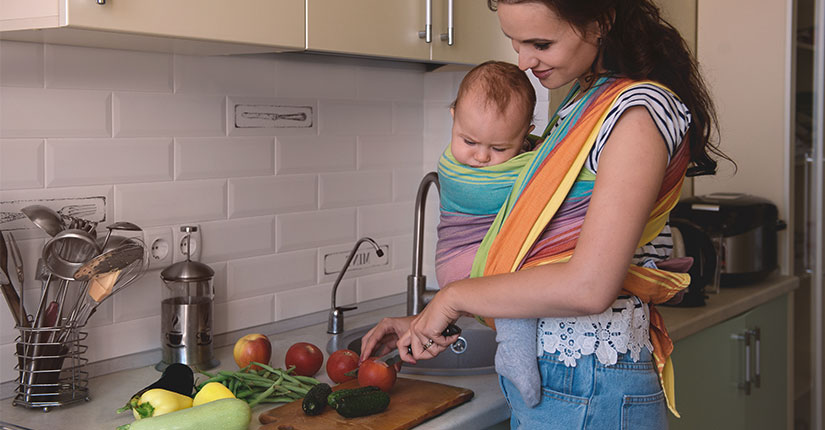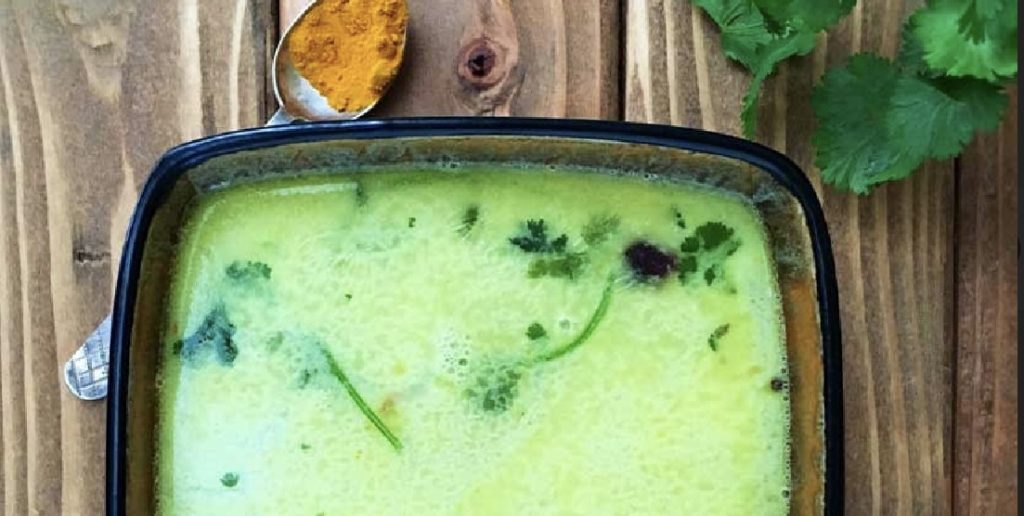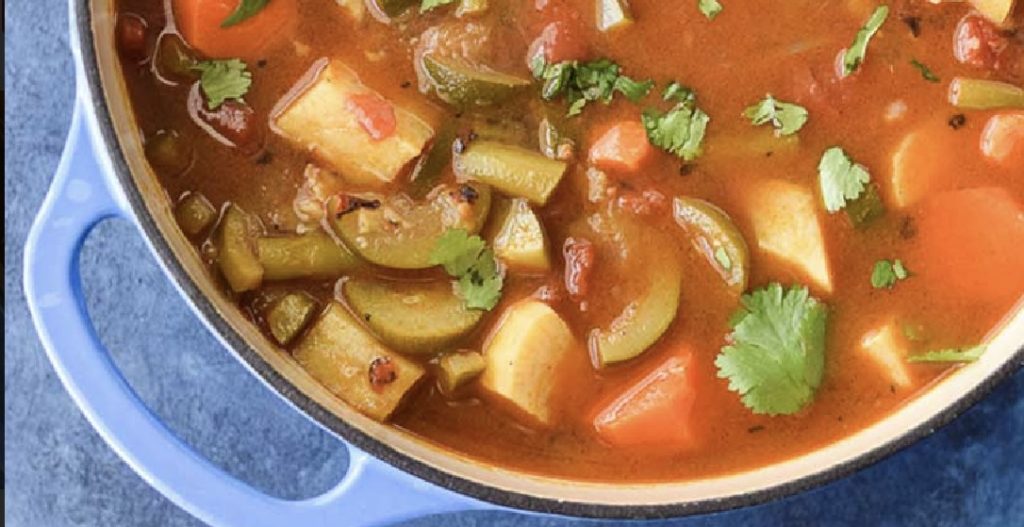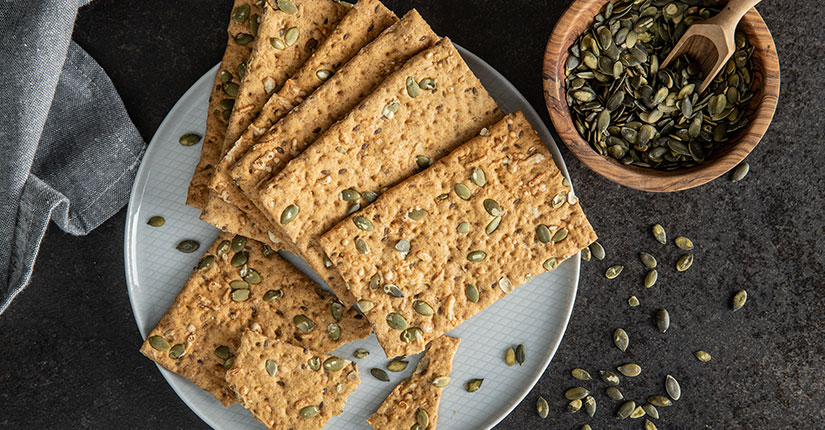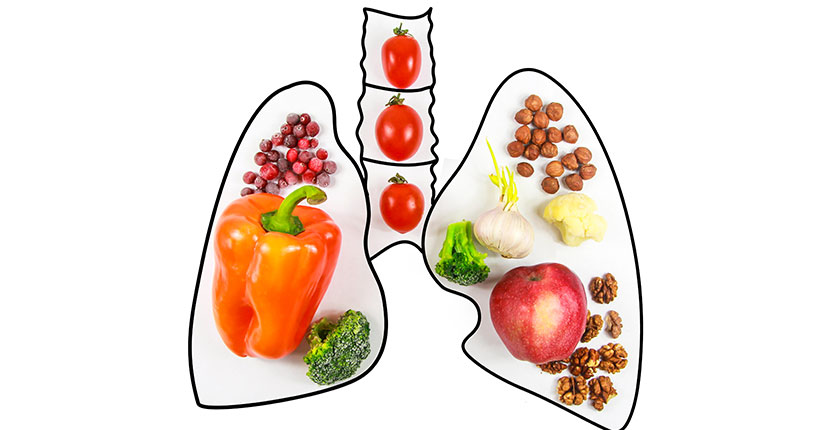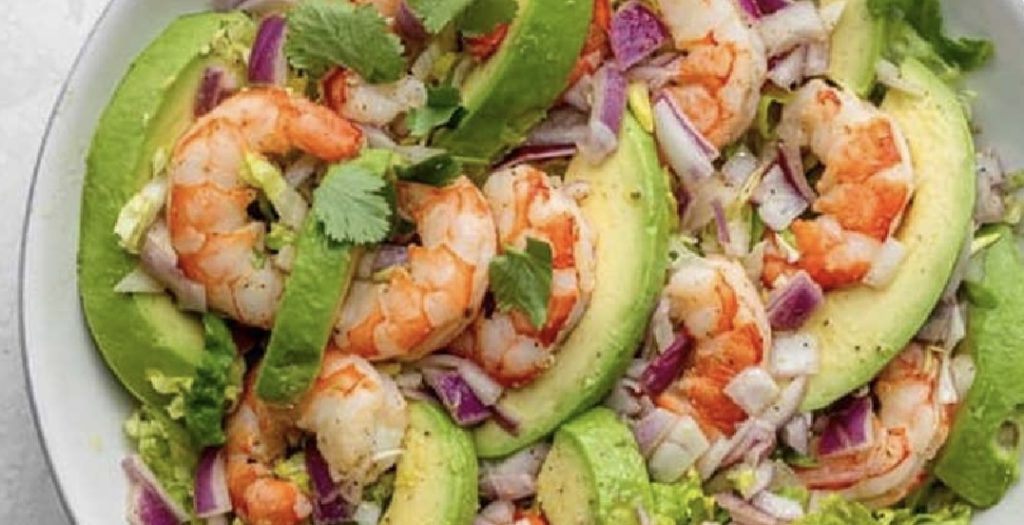World COPD Day- Dietary Guidelines for Prevention & Management of COPD
By Nmami Agarwal 18-Nov 2020 Reading Time: 4 Mins
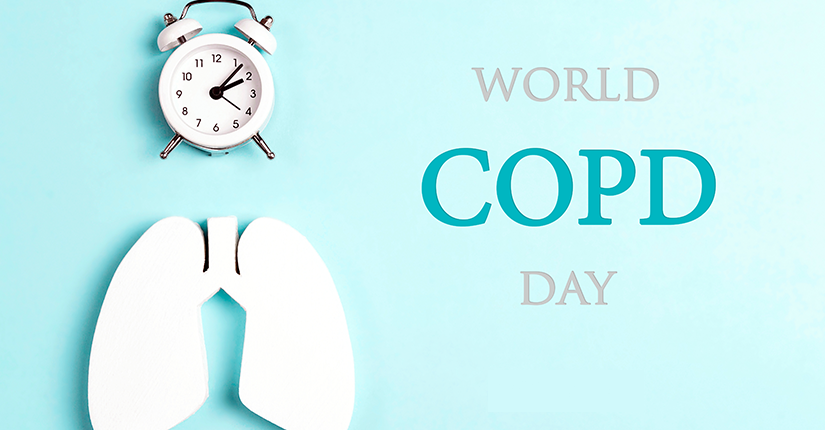
World COPD Day (Global Initiative for Chronic Obstructive Pulmonary Disease) serves the purpose to increase awareness about COPD and decrease morbidity and mortality from the disease. COPD is a chronic lung disease, caused by breathing in gases or noxious particles from either environmental factor such as exposure to biomass fuel, air pollution or tobacco smoking. COPD is the fourth leading cause of death worldwide after heart diseases, cancer, and accidents.
Why is good nutrition so important to fight COPD?
Food works as a fuel to your body that allows you to perform all activities, including breathing. Food boosts your metabolism and gives you the energy to carry out your everyday task – from exercising to sleeping. Good nutrition helps you fight against all body infection. COPD can be controlled by following a healthy diet.
Here is some guidance that you can follow to manage and prevent COPD.
- Include good sources of protein:
- Drink plenty of fluids:
- Include high-fibre food:
- Control your sodium intake:
Consuming good sources of protein at least twice in a day helps in maintaining strong respiratory muscles. Consume milk, eggs, cheese, meat, fish, poultry and nuts to keep yourself energetic.
You should drink 2.5-3 litres of water every day. Limit your caffeine intake and unhealthy beverages like cola or mountain dew as it might be harmful to your body. You can make some detox drinks like lemonade, infused water with cucumber, mint leaves and lemon, fennel and cumin tea, coconut water and green vegetable juices.
Include high fibre food in your meal such as fruits, vegetables, nuts and seeds, whole grains, brown rice and cereals. Fibre help controls blood glucose levels, move food along the digestive tract and also reduces the bad cholesterol levels in the blood. A person should consume 35-20 grams of fibre each day. Eat a good amount of Vitamin D and calcium in your meal to keep your bones healthy.
Consuming immoderate amount of salt can cause breathlessness so remove the salt from your table and instead use herbs or non-salted spices, do not add extra salt after the meal is cooked, avoid foods which contain more than 300 milligrams of salt.
Over to you:
You should always plan what you eat because balancing your meal is really important and a great way to manage your health. Making slight changes in your eating habits can help you prevent and manage COPD. But remember eating habits will not cure the infection; it may only help you feel better.



